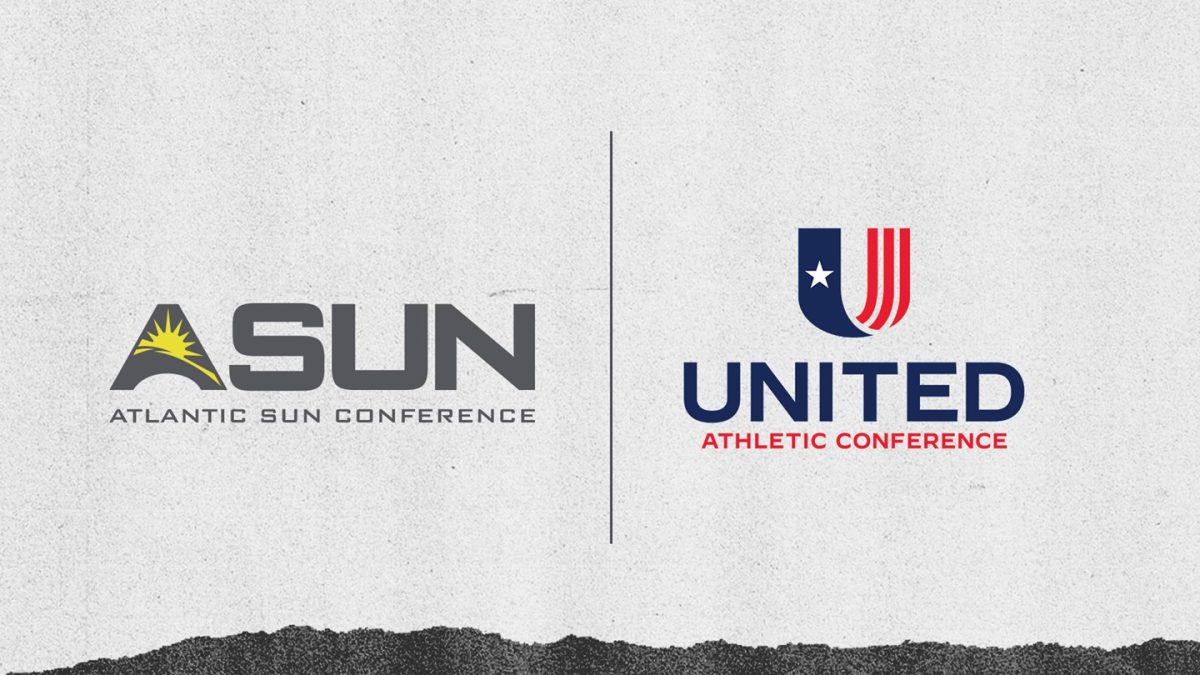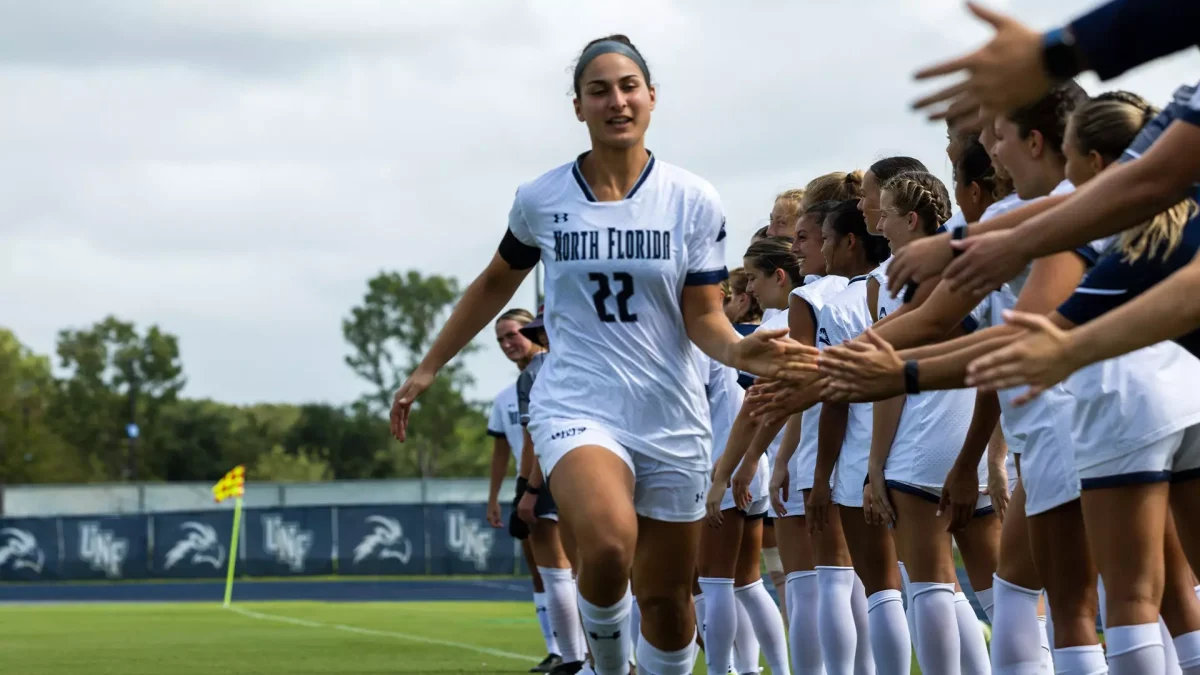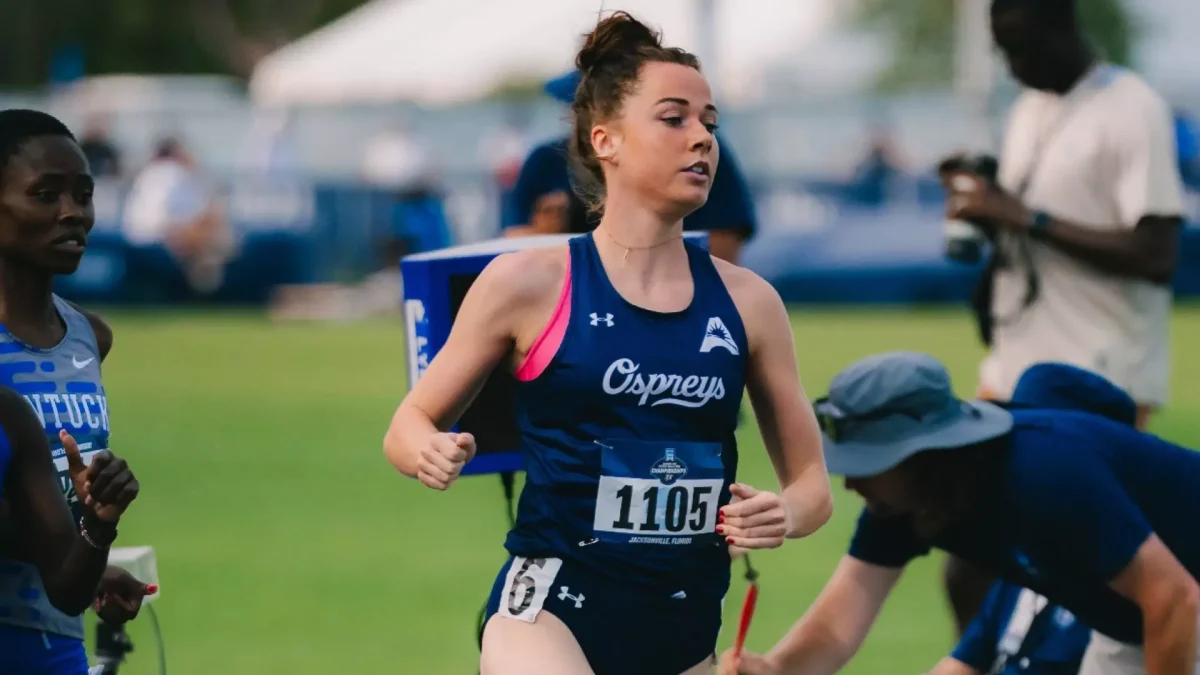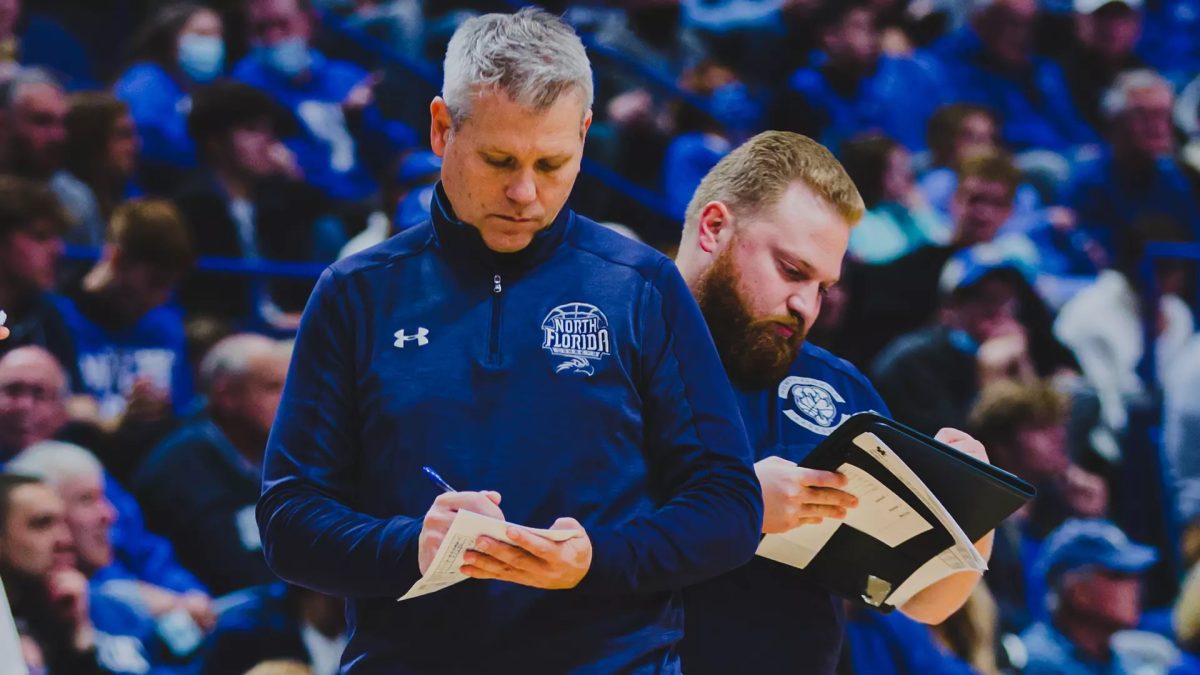
The University of North Florida Archaeological Lab is offering the Jacksonville community a chance to get their hands dirty uncovering artifacts in a historical Native American village.
UNF’s Summer Archaeological Field School is sponsored by UNF’s Continuing Education Program and focuses on Timucua Indians, said Dr. Keith Ashley, UNF coordinator of archaeological research.
The school was previously only open to UNF students studying within the UNF Department of Sociology and Anthropology, said Tim Giles, director of UNF’s Continuing Education program.
Now for the first time, it’s open for anyone in Jacksonville, including UNF students, at least sixteen years of age to partake in, Giles said.
No prior knowledge or experience is required as participation is guided by experts Dr. Ashley and Dr. Robert Thunen, UNF associate professor of anthropology.
“Anyone who’s ever been interested or wanted to work on an archaeological site” is welcome to join, Dr. Ashley said.
Located in Black Hammock Island, participants dig and sift through an actual Native American site dating back to the 1500-1600’s.
Artifacts are not guaranteed to be found but since it’s an Indian site, students primarily work to uncover buried buildings, campfires, and garbage pits, Dr. Ashley said.
“We’re doing this because it’s part of our research agenda and we’re basically doing this in Jacksonville’s backyard,” Dr. Keith Ashley said. “We wanted the citizens and public of Jacksonville to become involved and help us research.”
The Indians settled along much of northeastern and central Florida in the 16th and 17th centuries. They witnessed the arrival of early European settlers, and there as many as 20 villages located in today’s Duval County, according to JaxHistory.com.
“I think anyone with an interest in archaeology or history would really enjoy working in the field. It’s a cool feeling to simultaneously uncover and create history,” said UNF anthropology senior Shelby Newman. She participated in UNF’s student field school earlier this summer for college credit, but enjoyed it so much she joined UNF’s public school as well.
Students gain a multitude of archaeological skills varying from basic digging to interpreting findings. They learn how to screen, map, identify their artifacts, and employ techniques of basic archaeological record keeping. Additionally, participants are taught how to use real field equipment.
Artifacts are brought back to UNF’s lab for analysis and later returned to the National Park Service. It is a crime to keep any findings since the site is not UNF’s property, Dr. Ashley said.
A typical day begins promptly at 9 a.m. at the site, and participants excavate until noon, when lunch begins. All students are responsible for providing their own food and water.
During this 30-minute break, experts offer lectures on Native American history and culture as well as artifact identification. Once the digging recommences, participants work until 3:30 p.m.
“It’s hot, dirty, labor intensive, and I am covered in a bug bites. Some days it rains, some days we don’t find anything,” Newman said, “But the harsh conditions and disappointments are a small trade for the amazing things we discover. If it was easy it wouldn’t be rewarding.”
Since the site is in the Barrier Islands north of the St. John’s River, participants need to be cognitive of Florida’s summer weather and rigorous physical activity. Students should dress appropriately for the environment—wear clothes that offer sun protection and bring bug repellent.
Despite the insects, snakes are not a concern since the location is not in a thick part of the woods, Ashley said.
The Summer Archaeological Field School consists of four sessions, each one week long from June 27 to July 22. Each week costs $199 however there are discounts for alumni, and current UNF students should contact Dr. Ashley for rates, he said. Individuals can register for multiple weeks as well.
“It’s such a small price in comparison to the majority of the field schools offered all over the country, which usually cost thousands of dollars,” Newman said.
The funds earned from the class are turned over to the department of Continuing Education. The department is also hosting a separate field school available to UNF students to earn college credit, Dr. Ashley said.
“Just come out and have fun,” he said.
















